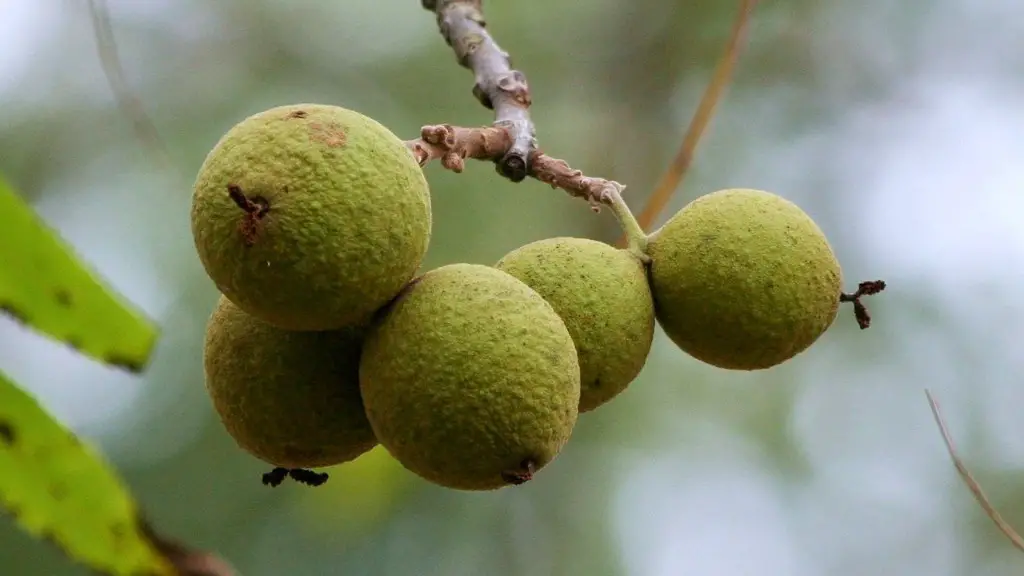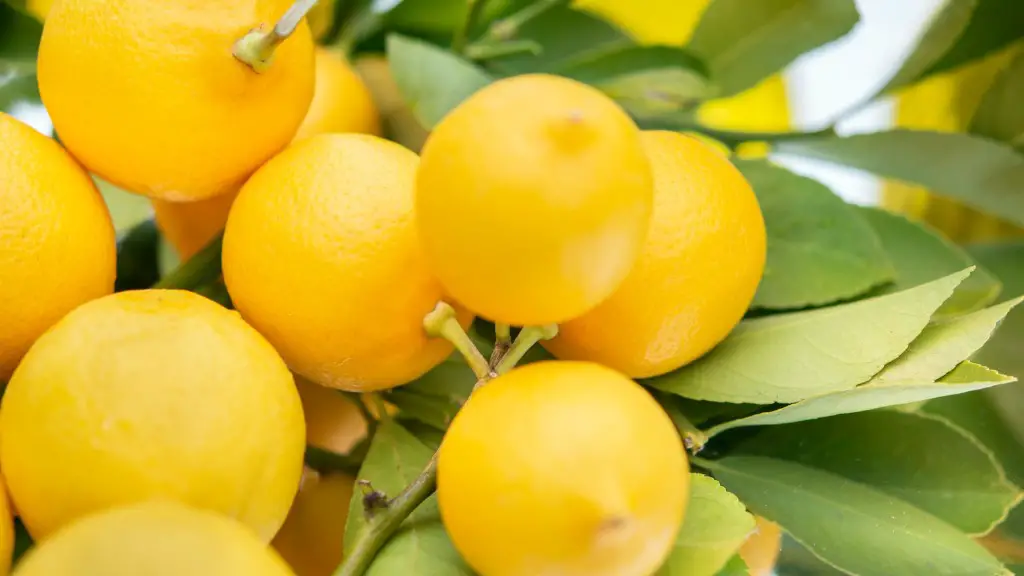Soil
Avocado trees need a specific type of soil to do their best. Since good drainage is critical, most often the best soil for an avocado tree is derived from sand, silt and clay. In ideal conditions, it should almost be a 50/50 split between sand and clay. Some of the poorest clay soils can be improved by adding organic matter to improve the drainage.
For an avocado tree to flourish, the soil should be well-drained, especially in winter when the weather is cool and wet. If the soil is waterlogged, the roots will rot and the tree could die. The pH of the soil should be between 5.5 and 7.5. Additionally, it should have a high content of organic matter which helps retain moisture, aerate the soil and supply nutrients for the tree.
When planting an avocado tree, the soil should allow water to pass through and be moist at the same time. A soil test is the most reliable way to check for the correct combinations of both drainage and potential pH. A soil test results can show if compost or fertilizer is needed.
Compost aids water retention without encouraging waterlogging. The compost should contain a mixture of organic materials, such as animal manure or green waste, which also contain trace minerals that avocado trees need to produce large, healthy fruits.
Applying mulch is also beneficial to avocado trees. A layer of mulch around the trunk of the tree helps reduce the rate of water evaporation, provides support to the young tree, and acts as a barrier between it and weeds. A good balance of organic materials will both feed the tree and ensure proper drainage.
Fertilizing
Fertilizers are important for avocado trees to get the required nutrients, particularly nitrogen, which is necessary for healthy growth. Depending on the soil test results, an avocado tree may need a fertilizer that contains high levels of nitrogen or one that is higher in potassium and phosphorus. Additional nutrient supplementation may be necessary at regular intervals throughout the year.
Similarly, avocado trees need a specific amount of water to thrive. When a tree is given too much water, it can struggle with root rot. However, it is also important to avoid over-watering and give the tree only enough water to keep the soil moist.
Pests and Diseases
Unfortunately, avocado trees can be susceptible to attacks from pests and diseases. The best way to prevent this is through the proper care of the tree, including proper watering and fertilizing, as well as regular pruning and the removal of infected leaves. Additionally, keeping the area around the tree free from weeds and debris can help reduce the chances of a pest or disease problem.
Landscape Requirements
When planting an avocado tree, it is important to consider the surrounding landscape as well. The location should be in full sun and in an area of good air circulation, as well as away from walls, fences and other trees. This will help prevent pests and diseases from becoming a problem.
Climate Considerations
The climate should also be taken into consideration when growing an avocado tree. Avocados prefer a warm climate, with temperatures around 65 to 80 degrees Fahrenheit. They will also benefit from a period of cool, but not frigid, temperatures in the winter.
Caring for the Tree
Once an avocado tree has been planted, it is important to care for it properly. This includes regular pruning, fertilizing and watering as well as controlling weeds in the surrounding area and preventing pests and diseases. Proper care will ensure a healthy, productive tree for years to come.
Harvest
When the tree is mature and has grown large, fragrant flowers, it will be ready for harvest. The fruit should be left on the tree until it has developed a dark green-black color. When it feels soft to the touch, it can be picked from the tree and enjoyed.
Nutritional Benefits
The nutritional benefits of avocados make them a great addition to any diet. They are a good source of a variety of vitamins and minerals, such as potassium and vitamins B, C and K, as well as dietary fiber. Additionally, they are naturally low in calories and sodium and are a good source of healthy fat.

